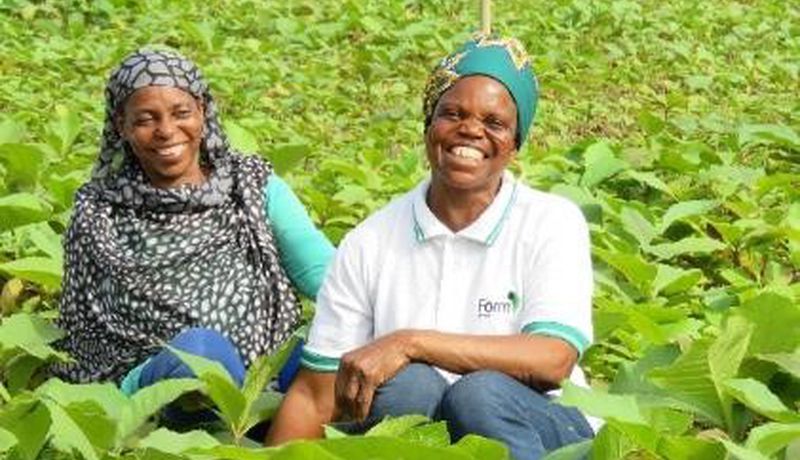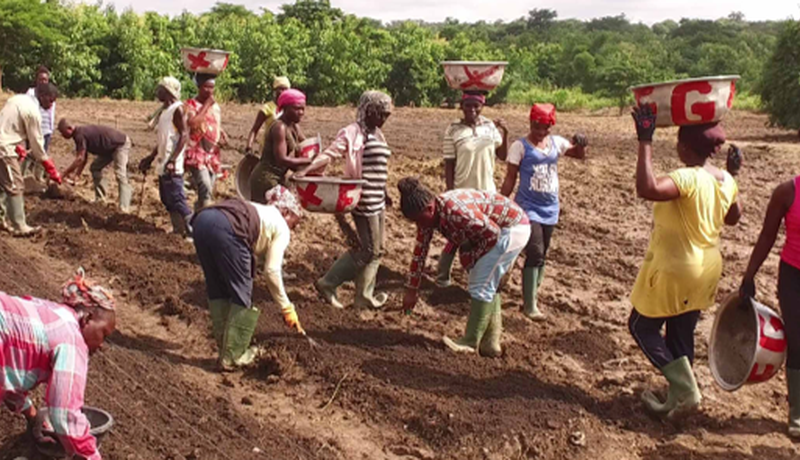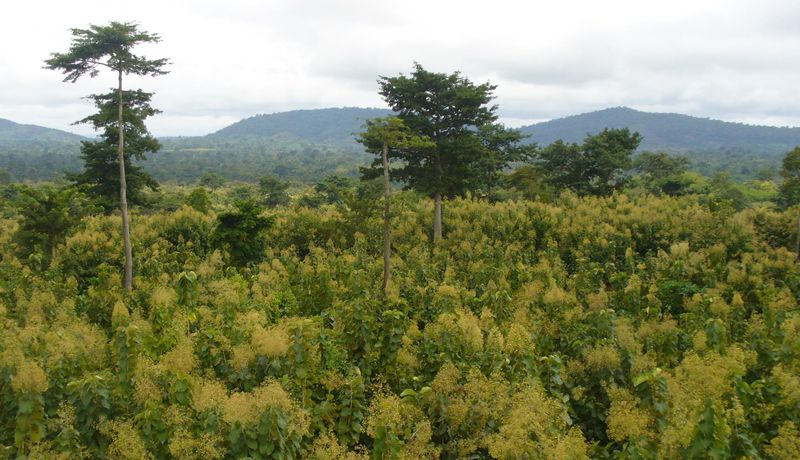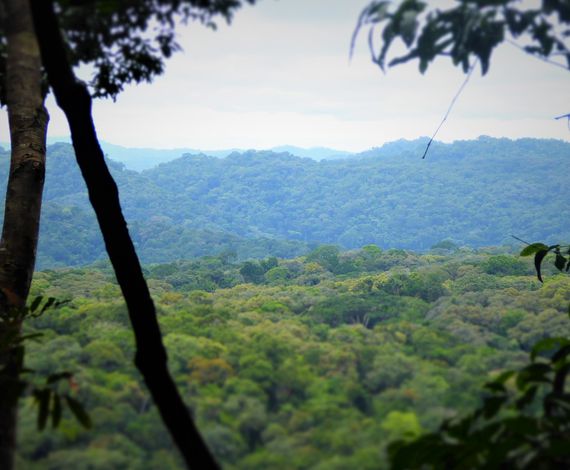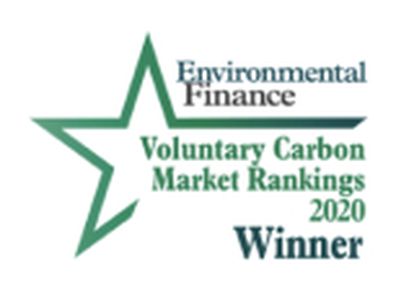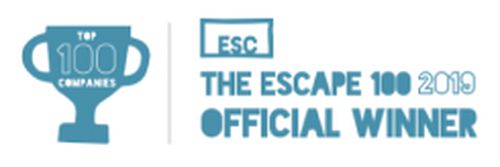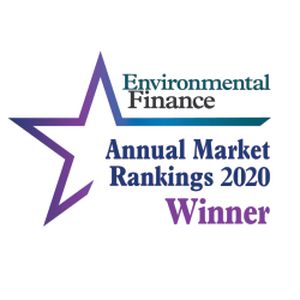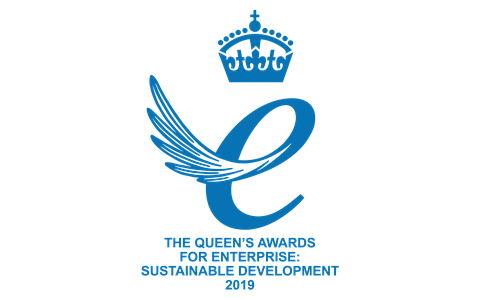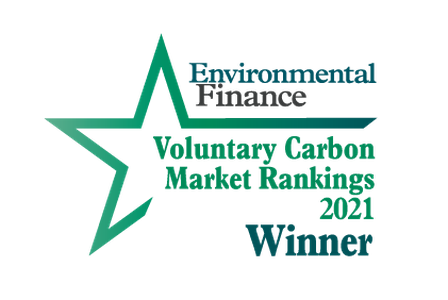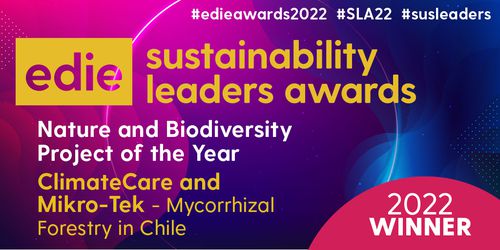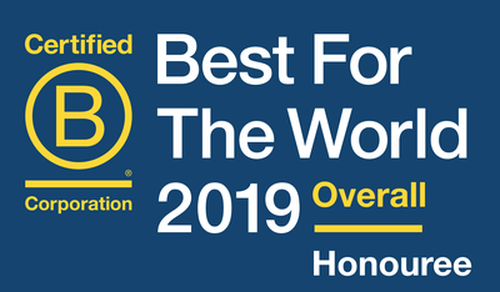The project is restoring degraded forest reserves in Ghana with teak, indigenous trees and natural forest in riparian buffer zones, following the principles and criteria of the Forest Stewardship Council (FSC). The areas have been degraded due to overexploitation, bush fires and conversion to agriculture.
The project works closely with local farmers some of who are employed by the project and others are able to grow crops, via intercropping, within the reforested area, benefitting from the improved soil conditions. As a grouped project, the aim is to expand around 1,000 hectares per year, adding new project areas and improving more livelihoods through reforestation.
Ghana's tree cover has decreased 19% since 2000. | Global Forest Watch Dashboard (2020)
In addition to delivering emissions removals to take climate action (SDG 13), the project delivers additional benefits. The SDG contributions have been indicatively measured, but need to be confirmed:
- Zero Hunger: Implements resilient agricultural practices that increase productivity, help maintain ecosystems, strengthen adaptation to climate change, and progressively improve land and soil quality.
- Gender Equality: 40% of jobs created to be filled by women and 25% of the available areas for intercropping to be allocated to female farmers.
- Clean Water and Sanitation: Tree planting, particularly in the land near waterways, contributes to the improvement of the water catchment areas by improving the supply, consistency and quality of the water available. Additionally, sanitary infrastructure and boreholes have been installed in the local village of Kotaa.
- Decent Work and Economic Growth: Over 1,000 jobs have been created, and more than 6,000 hectares of project land is available to local farmers for intercropping.
- Reduced Inequalities: Facilitate equitable access, benefit sharing from and security to land, forest and mineral resources.
- Sustainable Cities and Communities: Promote public awareness and local communities’ participation in sustainable forest, wildlife and land use management.
- Life on Land: Decreases Ghana's proportion of degraded land and increases rates of sustainable forest management.
Our goal is to deliver 1 billion tonnes of emissions reductions by 2030
600+ projects have been supported by Climate Impact Partners
100+ million tonnes of emissions reduced through carbon finance
Delivering towards the Global Goals

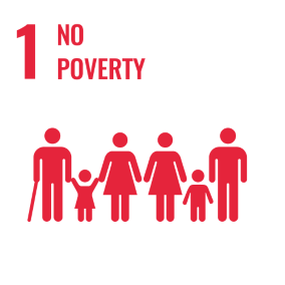
No Poverty
End poverty in all its forms everywhere
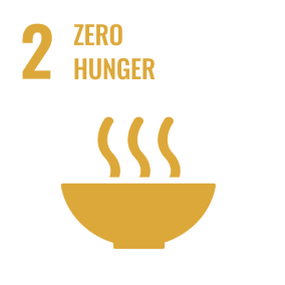
Zero Hunger
End hunger, achieve food security and improved nutrition

Good Health and Wellbeing
Ensure healthy lives and promote well-being for all at all ages
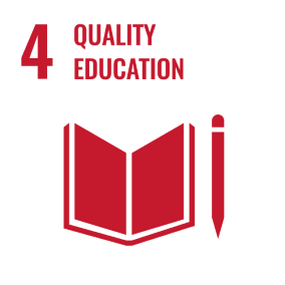
Quality Education
Ensure inclusive and equitable quality education and promote lifelong learning opportunities
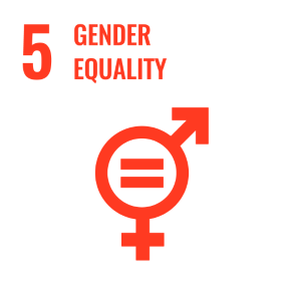
Gender Equality
Achieve gender equality and empower all women and girls
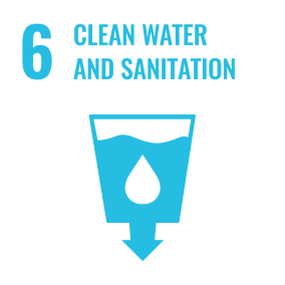
Clean Water and Sanitation
Ensure access to water and sanitation for all
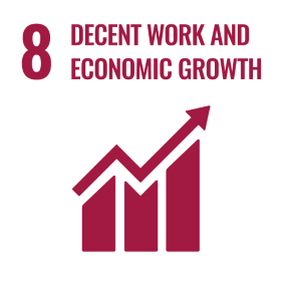
Decent Work and Economic Growth
Promote inclusive and sustainable economic growth, employment and decent work for all
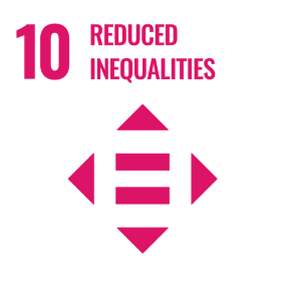
Reduced Inequalities
Reduce inequality within and among countries

Sustainable Cities and Communities
Make cities inclusive, safe, resilient and sustainable
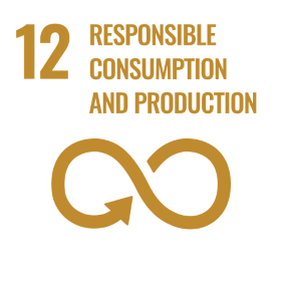
Responsible Consumption and Production
Ensure sustainable consumption and production patterns
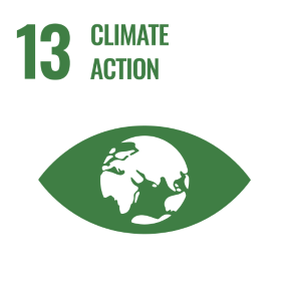
Climate Action
Take urgent action to combat climate change and its impacts
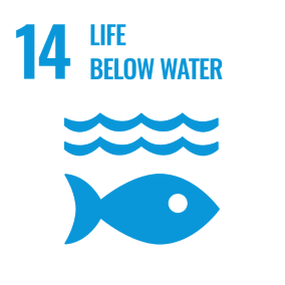
Life Below Water
Conserve and sustainably use the oceans, seas and marine resources
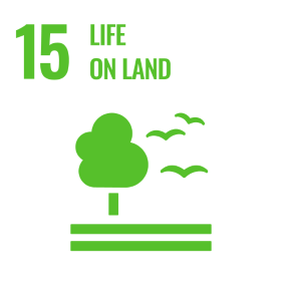
Life on Land
Sustainably manage forests, combat desertification, halt and reverse land degradation, halt biodiversity loss
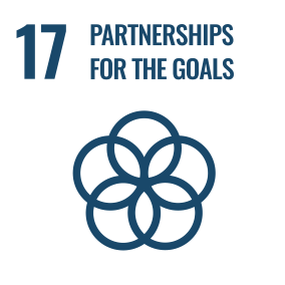
Partnerships for the Goals
Revitalize the global partnership for sustainable development


Supporting our projects delivers on multiple UN Sustainable Development Goals (SDGs). You can read more on the Goals below.
Learn more about the global goalsNext Steps
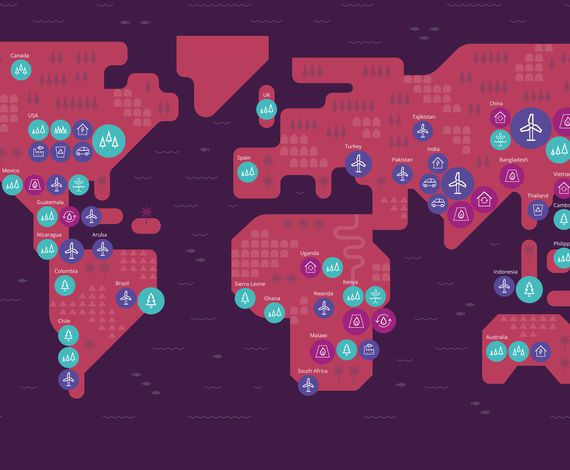
Explore our projects
Explore our range of projects across the globe: nature based solutions, health and livelihoods and sustainable infrastructure.
Explore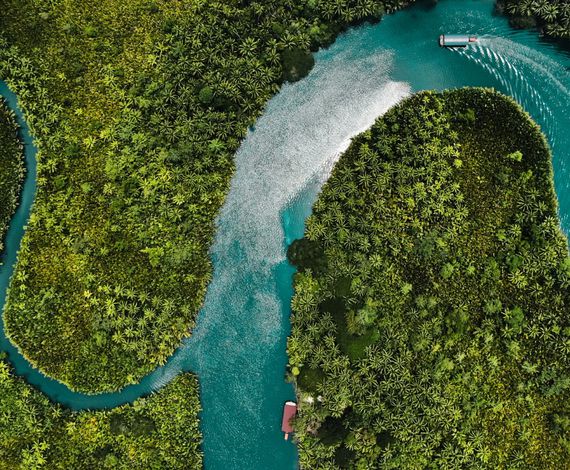
Business Solutions
We are the leading solutions provider for carbon offsetting, net zero, carbon neutrality and carbon finance project development.
Read more

